ERP comparisons: 4 key points to consider
Most experienced enterprise managers understand that any hope of standardizing the process of comparing one ERP system with another is like trying to teach a pig to sing; first, it can’t be done, and second, it irritates the pig. That said, from my perspective as a former CIO, here are some macro-level nuggets of knowledge regarding ERP comparisons.
We have met the enterprise and he is us
There isn’t anyone who knows their company’s intrinsic strengths and weaknesses better than an ERP manager. In the case of an ERP selection project, both of these considerations play an important role in the development of a useful ERP comparison and, ultimately, a successful ERP purchase. Why you may ask? Simply because the process of comparing ERP platforms is what I refer to as an ‘intrinsic experience’; if one doesn’t understand what the company ‘needs’ from its own processes, it is highly unlikely that a third-party is going to offer enough know-how to pick the right system alone.
Mobility matters
If we were having this conversation 15 years ago, a consideration associated with ERP data mobility wouldn’t apply at all unless one was discussing the differences between an early-stage thin-line laptop or a legacy variant. Today, things are entirely different, and unless one’s enterprise is housed and resourced within a single administrative, sales and warehouse facility; and all sales revenues are derived by a localized inbound call center or directly through the web, issues of data mobility must become part of any effective ERP comparison process.
Useful resource: ERP software comparison tool - compare over 120 ERP software products
Growth is endemic
Granted, everyone wants to make money. But to reach that goal a business must grow beyond processes that exceed simple business survival quarter-over-quarter. That means that if one is looking at the introduction of an ERP platform that drives the enterprise wheels faster, farther and more effectively, the ability to scale an operation quickly and seamlessly must become part of any ERP comparison.
Money makes the world go round
Finally, as the old homily suggests, ‘a chain is only as strong as its weakest link’. When it comes to comparing ERP platforms, available buying power can quickly kill expectations unless an enterprise establishes its own price limitations well before it starts shopping. There’s nothing worse than finding the perfect ERP software only to find that its price is too steep to overcome. Given the fact that even basic ERP comparisons must consider the complexities of expectation-management, it’s always better to establish a clearly stated price gate from day one. If this is not established or adhered to, the entire effort will end up with unintended cost increases, weak implementation morale, management recriminations, and failed worker confidence.
Free white paper
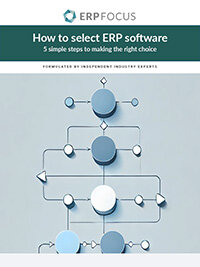
How to Select ERP
Learn to select your ERP in 5 easy steps by following our expert's advice
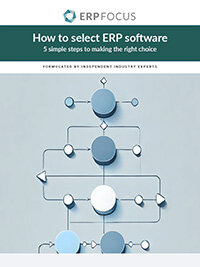
Featured white papers
-
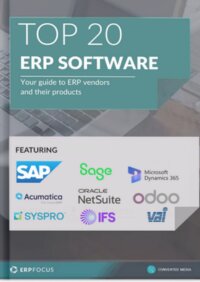
-
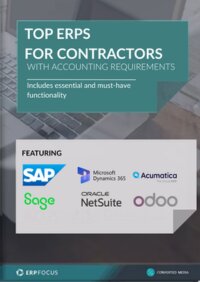
Top 10 ERPs for Contractors
Get your free side-by-side ERP comparison guide for contractors who need more than basic accounting tools.
Download -
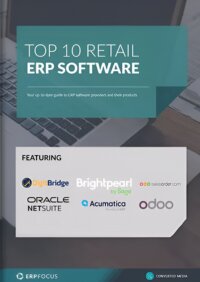
Related articles
-
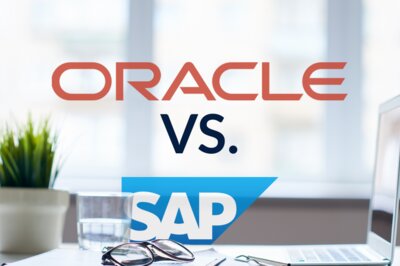
Real life experiences: Oracle vs SAP
A project manager's take on Oracle and SAP' strengths and weaknesses
-

CMMC Compliance: What Aerospace and Defense Manufacturers Need to Know
Key insights on CMMC compliance, deadlines, and securing DoD contracts with CMMC 2.0 certificatio...
-
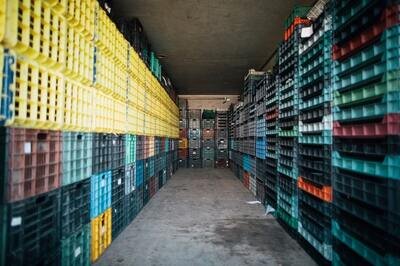
Sage 50 to ERP: comparison and guide
Sage 50 vs. ERP software - what's the difference?

